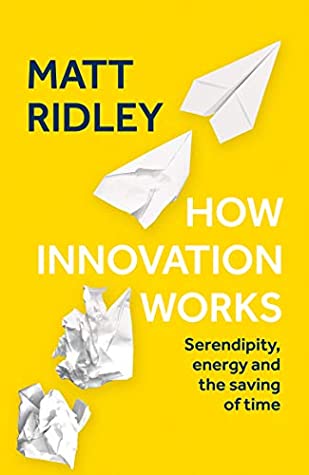His crucial argument was that a characteristic feature of new knowledge is that it is non-rival, meaning that people can share it without using it up; but it is also partially excludable, meaning that whoever gets hold of it first can make money exploiting it, at least for a while. People can either keep new knowledge secret (as Haber and Bosch did with their iron catalysts) or patent it (as Morse did with the telegraph) or just use their ‘tacit’ knowledge to steal a march on their rivals in time (as most software pioneers did), and do so long enough to get a burst of partial-monopoly profits.
...more
Welcome back. Just a moment while we sign you in to your Goodreads account.


